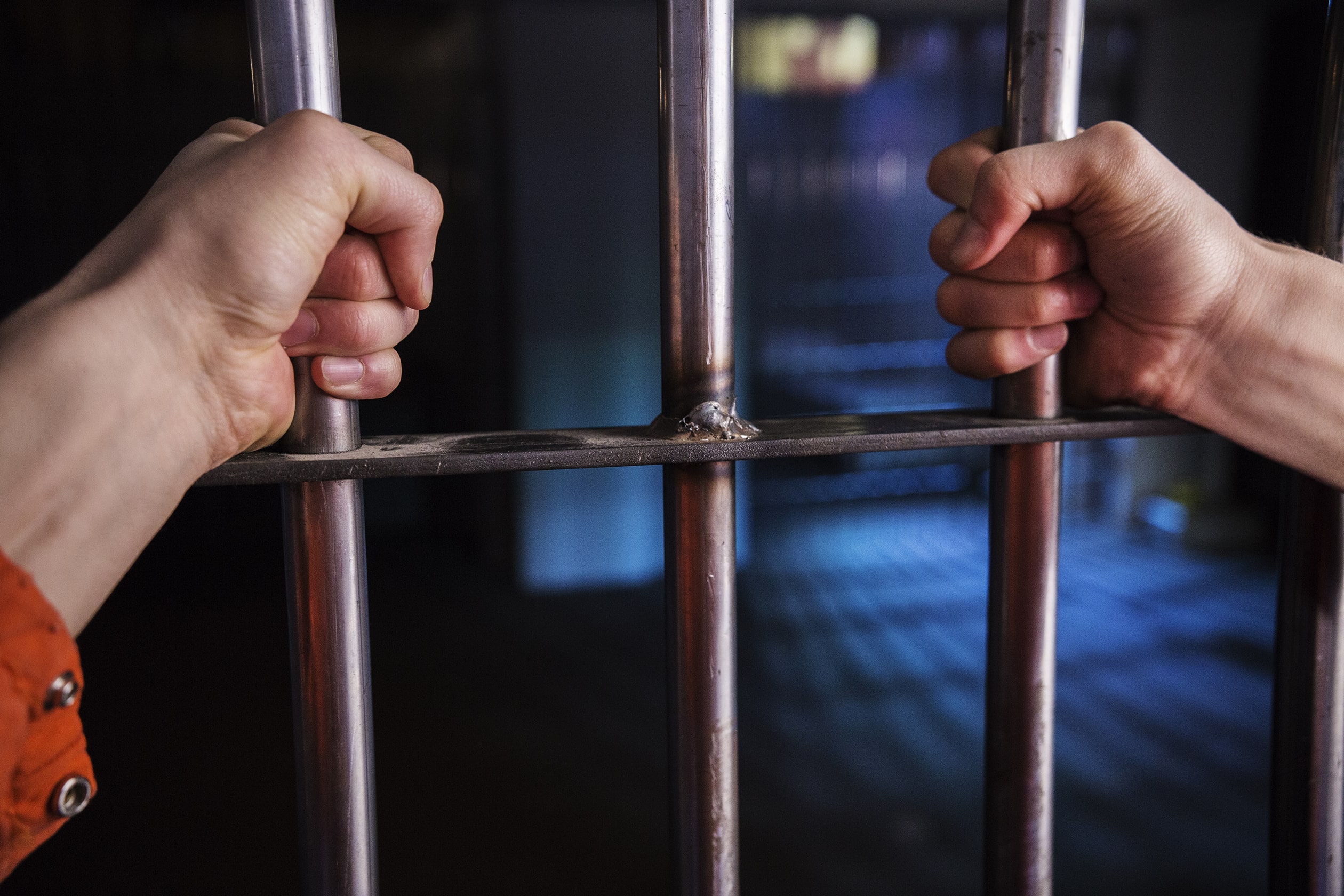Share This Article
ArrayFollowing on from our previous article on the Chris Dawson ‘No Body, No Parole’ Laws, the NSW Government has now proposed a Bill in New South Wales that would preclude offenders from getting parole if they refuse to disclose information or assistance to locate their victim’s remains.
But for the new NSW no body no parole laws, NSW parole laws do not automatically preclude parole to offenders who fail to disclose the remains of their victim’s. Failure to provide information or assistance in locating their victim’s remains is but one of many factors that the Parole Authority would consider in making a final decision as to whether or not to grant parole.
The new proposed NSW Bill on no body no parole, which is expected to come into effect shortly, joins the other States such as Queensland, South Australia and Victoria to refuse parole to offenders who fail to provide this assistance.
Section 135(3)(a) of the Crimes (Administration of Sentences) Act 1999 (NSW) outlines that an offender’s failure to disclose the location of their victim’s remains is as a factor in determining whether or not it will be in the interest of the safety of the community to grant parole.
The new Bill, also referred to as ‘Lyn’s law’ is in direct response to the Chris Dawson case, where Mr. Dawson was found guilty of murdering his wife Lynette Dawson almost 40 years after her disappearance.
While maintaining his innocence, 74-year-old Dawson has not provided any assistance in locating Lynette’s body.
But for the new Bill on the ‘no body no parole’ laws in New South Wales, Dawson will be eligible for parole at the expiration of a non-parole period.
Dawson’s first sentence hearing date is next listed on the 11 November 2022 for submissions by both prosecution and defence. The matter will likely then be adjourned to a further date for sentencing when His Honour Justice Harrison will impose a sentence.
How Do the New ‘No Body No Parole’ Laws in NSW Work?
The new ‘no body no parole’ rules in NSW are said to “make it impossible for offenders who wilfully and deliberately refuse to disclose information about their victim’s remains, to be granted parole” said NSW Premier Dominic Perrottet.
He also said, “These laws are to stop inmates convicted of murder or homicide offences from getting parole unless they co-operate with police to end the torment of families and return to them the remains of their loved ones.”
Effectively, the new laws mean that the NSW State Parole Authority cannot grant parole unless satisfied that the offender has cooperated satisfactorily in identifying the victim’s location.
How does the Parole Authority determine this? The Parole Authority will take into account any written advice from the Commissioner of NSW Police Force and other relevant information.
Would the new ‘no body no parole’ laws in NSW apply retrospectively or prospectively? The new laws will apply to all existing and future inmates in New South Wales. This captures all convicted offenders who haven’t yet been considered for parole.
Issues to Consider
Whilst this new law strengthens the parole laws in New South Wales, it also creates potentially disastrous consequences for those who are wrongfully convicted, which can and does occur in Australia.
Book a Lawyer Online
Make a booking to arrange a free consult today.
Call For Free Consultation
Call Now to Speak To a Criminal Defence Lawyer
Over 40 Years Combined Experience
Proven SuccessAustralia-Wide
Experienced LawyerGuarantee
 (02) 8606 2218
(02) 8606 2218
 (02) 8606 2218
(02) 8606 2218















